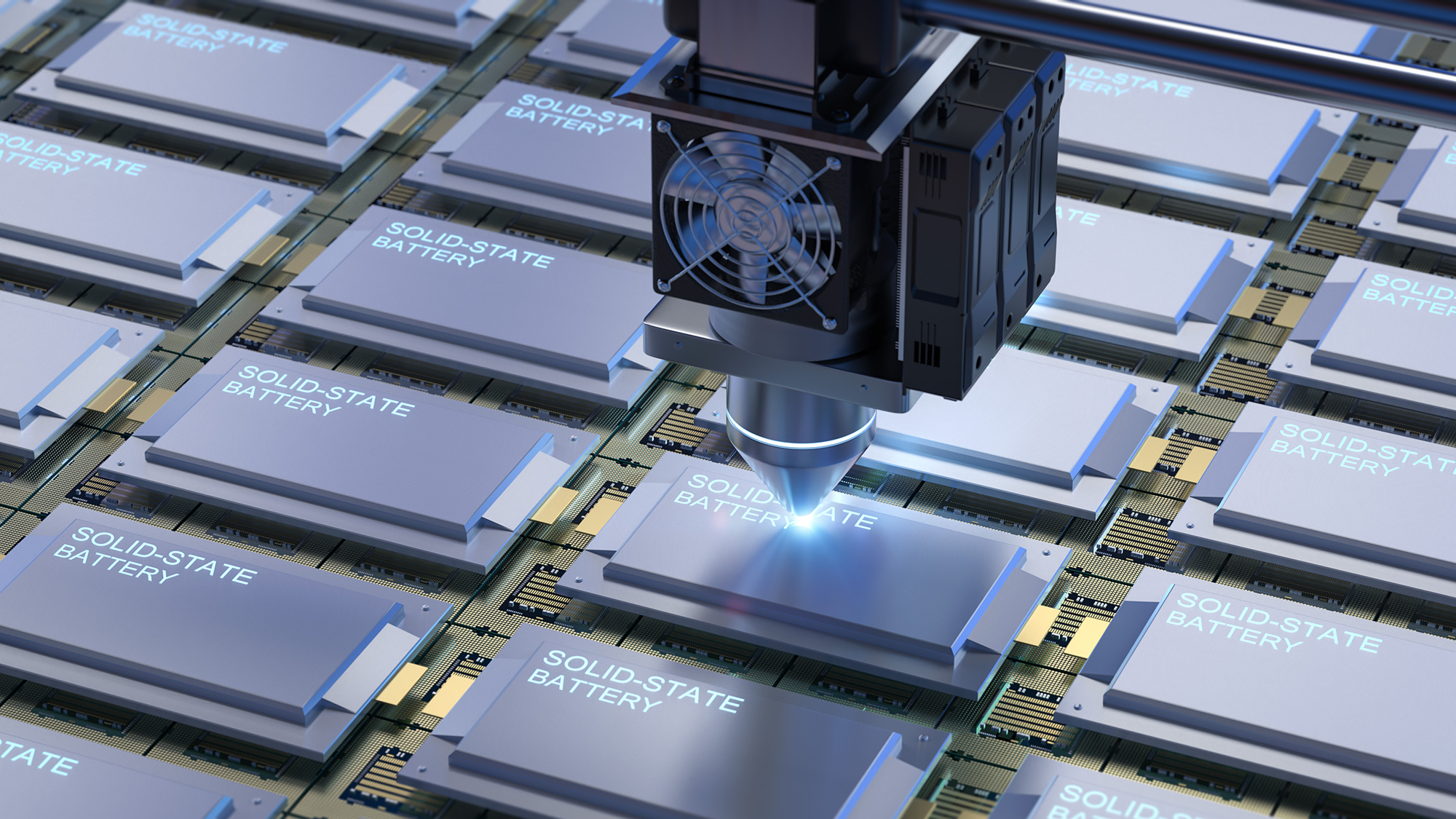Real-time quality inspection in dynamic production environments
In high-speed battery production environments, AI inference must complete within two seconds per unit. To maintain consistent model performance amid environmental changes—such as lighting fluctuations or camera angle shifts during operation—a robust retraining and deployment system was required. A Machine Learning Operations (MLOps) framework was established to ensure reliable model performance, enabling real-time filtering of abnormal X-ray images (e.g., missing or partially captured cells) and accurate detection of defects such as foreign objects or electrode deformation.
Developing a robust and adaptive vision AI inspection system
To enhance dataset quality and defect detection accuracy, defect criteria were redefined during model development. Multiple CNN-based architectures were evaluated to balance speed and accuracy, and the optimal model was selected for deployment. A pre-trained base model was fine-tuned with a limited dataset, enabling rapid adaptation to evolving production conditions. Feature exploration capabilities were also implemented to distinguish normal and abnormal X-ray images in real time.
Scalable AI inspection across battery production lines
AI models were deployed across four battery production lines, maximizing quality control efficiency through real-time defect detection. The system is now being expanded to additional factories and production lines, enabling scalable AI-based inspection across broader manufacturing environments.




